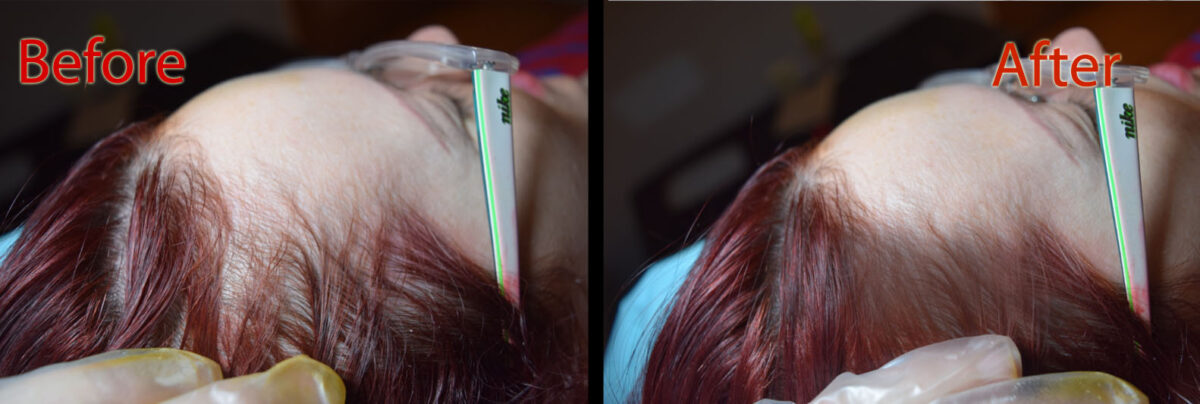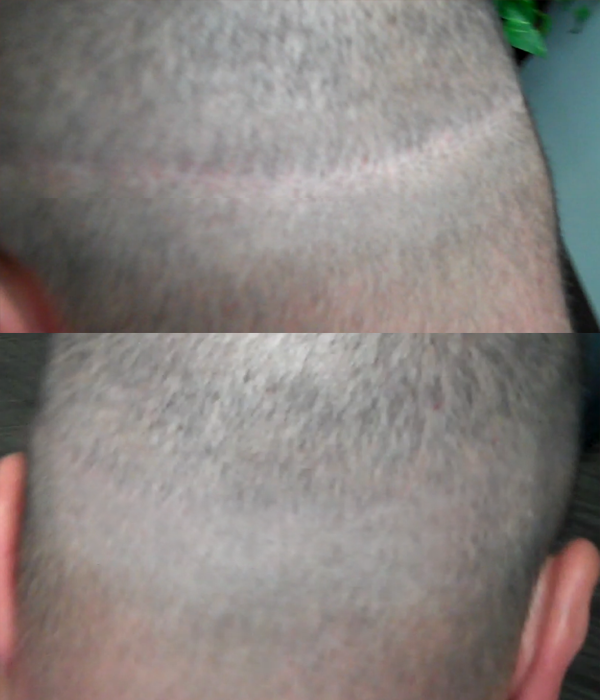Hair loss can be a distressing experience for many individuals, leading them to seek various treatments to restore their hair. Among the most common options are hair loss medications that aim to stimulate hair growth or slow down shedding of hair.
However, understanding the potential side effects of these medications is crucial for making informed decisions about treatment.
Types of Hair Loss Medications
Minoxidil
Minoxidil or Rogaine is a popular topical treatments for hair loss for men and women. Originally developed as a medication for high blood pressure, minoxidil could promote hair growth when applied to the scalp.
While minoxidil can be effective in stimulating new hair growth, it is not without its side effects. Hair loss medications do come with risks:
Scalp Irritation
Many individuals report itching, redness, or a burning sensation at the application site. This irritation may be due to the alcohol or propylene glycol in the formulation rather than the minoxidil itself.
Unwanted Hair Growth
In some cases, users may notice hair growth in unintended areas, such as the face or neck.
Hypertrichosis
This condition refers to excessive hair growth in areas other than the scalp and is more likely with higher concentrations of minoxidil.
Initial Shedding
Some users might experience increased hair loss during the first few weeks of treatment as old hairs fall out to make way for new growth. This shedding typically subsides after a short period.
Results from minoxidil can take time before significant improvements are seen. If treatment is discontinued, any newly grown hair may be lost within a few months.
Finasteride
Finasteride or Propecia is another common medication used primarily by men to treat male pattern baldness. This oral medication works by inhibiting the conversion of testosterone to dihydrotestosterone, a hormone linked to hair loss.
While finasteride can be effective, it also carries potential side effects:
Sexual Dysfunction
Some men report diminished libido, erectile dysfunction, or difficulty achieving orgasm while taking finasteride.
Mood Changes
There have been reports of depression and anxiety among some users.
Increased Risk of Prostate Cancer
Long-term use may be associated with an increased risk of high-grade prostate cancer.
Due to these side effects, it’s essential for individuals considering finasteride to discuss their medical history and any concerns with their healthcare provider.
Spironolactone
Spironolactone is often prescribed for women experiencing hair loss due to hormonal imbalances, such as those associated with polycystic ovary syndrome. This medication has anti-androgen properties that can help reduce hair loss caused by excess male hormones.
However, spironolactone can also lead to side effects, including:
Dizziness and Fatigue
Some users may feel lightheaded or excessively tired.
Weight Gain and Increased Thirst
These are common side effects that can affect quality of life.
Menstrual Irregularities
Women may experience changes in their menstrual cycle while taking this medication.
Medication Alternatives
While medications like minoxidil, finasteride, and spironolactone may offer hope for those struggling with hair loss, they have potential side effects.
For those who find that conventional treatments do not yield satisfactory results or who experience unwanted side effects from medications, scalp micropigmentation offers an alternative solution.
SMP is a non-invasive procedure that creates the illusion of fuller hair by depositing pigment into the scalp. It provides a viable option for individuals looking for a cosmetic solution without relying solely on medications. Consulting with an experienced SMP practitioner can help individuals achieve natural-looking results while addressing their unique hair loss concerns effectively.
Top Arizona SMP experts at DermiMatch Clinic can help you find the right solution to your hair loss woes.
Get help immediately.


